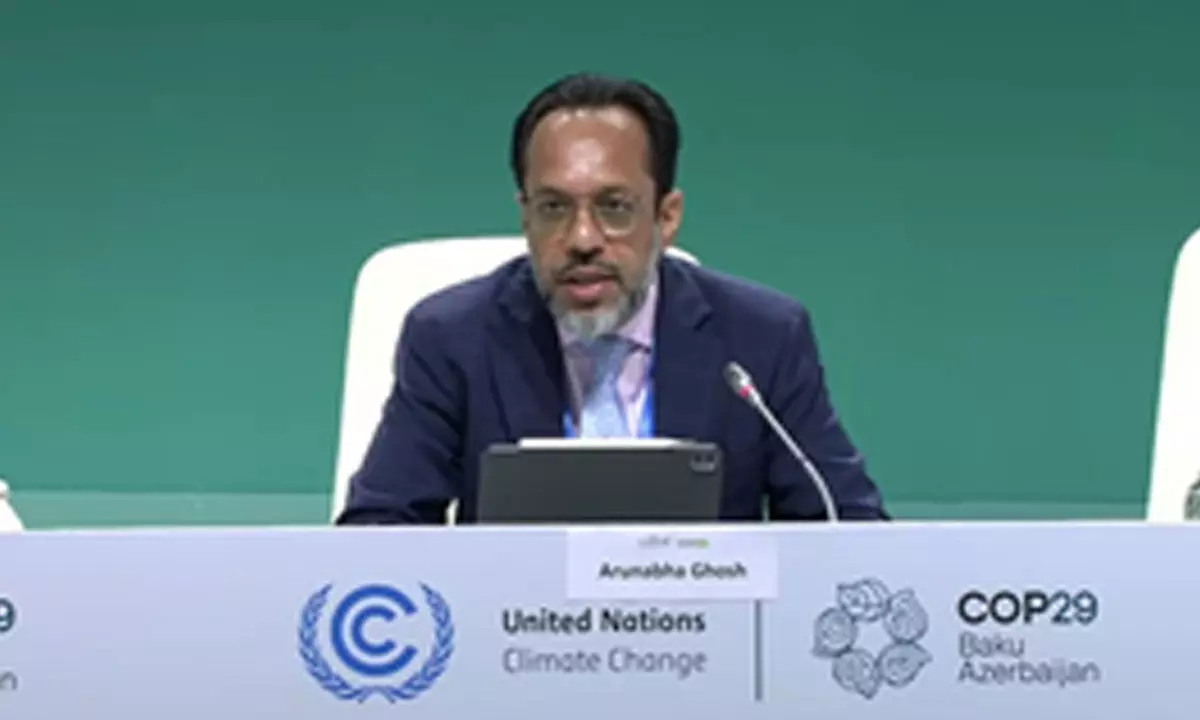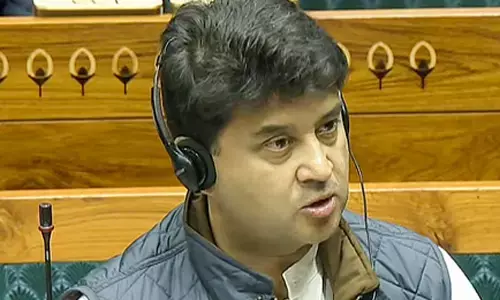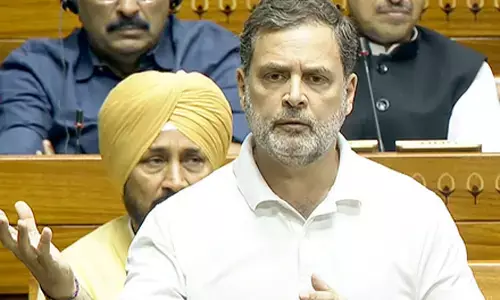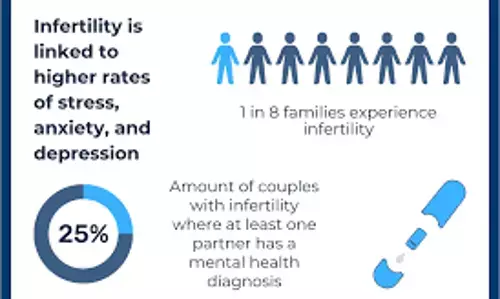Most G20 members need to significantly step up climate action: Report

Most G20 members, including the US, Australia, Canada, Saudi Arabia and Turkey, need to significantly step up climate action, the Climate Accountability Matrix launched at COP29 in Baku by the independent think tank, the Council on Energy, Environment and Water (CEEW), said on Tuesday.
Baku: Most G20 members, including the US, Australia, Canada, Saudi Arabia and Turkey, need to significantly step up climate action, the Climate Accountability Matrix launched at COP29 in Baku by the independent think tank, the Council on Energy, Environment and Water (CEEW), said on Tuesday.
Featured in a new study, ‘Are G20 Countries Delivering on Climate Goals? Tracking Progress on Commitments to Strengthen the Paris Agreement, the Climate Accountability Matrix is a first-of-its-kind assessment tool from the Global South to analyse countries’ performance in climate aspects beyond mitigation, including adaptation and means of implementation.
Among advanced economies in the G20, France, Britain, Japan, and Germany have made notable efforts, particularly through international cooperation and the establishment of comprehensive climate governance frameworks.
While the US, Australia, and Canada have made efforts to adapt to climate change, concerns about their inconsistent engagement in key climate agreements, and weak ambitions remain.
In the Global South, India and South Africa have made significant efforts in climate action by actively participating in key agreements, undertaking reasonable efforts domestically and adhering to their obligations, the study found.
However, even the countries making reasonable progress must improve sectoral robustness and create an enabling environment for ambitious climate actions.
Arunabha Ghosh, CEO of CEEW, said: “The climate COPs are about raising ambition, enabling action, and, most importantly, holding everyone accountable. While COP28 resulted in many promises, it let developed countries off the hook. COP29 must be about accountability. It must accelerate the move towards net zero. The largest historical emitters have to move faster than others and reduce emissions now. Second, COP29 should raise both the quantum and quality of climate finance. As we debate the New Collective Quantified Goal, the question is not just how much is needed, but how reliably it will be delivered.
“Finally, COP29 must prioritise the protection of the most vulnerable. It is the poorest who are the most affected due to climate extremes, derailing economies and reversing progress towards other sustainable development goals. COP29 must deliver on accountability, raise ambitions, push for credible and catalytic climate finance, and safeguard the most vulnerable.”
The CEEW matrix assesses these countries on five critical themes -- international cooperation, national measures, sectoral robustness, enablers, and climate adaptation efforts -- and 42 indicators. It takes into account the principles of equity and common but differentiated responsibilities and respective capabilities.
The countries have been categorised under a leader, reasonable effort, limited effort, and needs improvement. The findings show that COP29 must ensure accountability during this climate emergency.
Dubbed the “Finance COP”, the two-week 2024 UN climate conference (COP29) kicked off on Monday in Baku, Azerbaijan with a focus heavily on securing a new climate finance target for countries most vulnerable to climate impacts.
It brings together negotiators from nearly 200 countries, including India, to advance the Paris Agreement’s goals of limiting global temperature rise, strengthening climate resilience, and mobilising support for developing nations.
With solutions on the table but investment still lagging, especially in developing countries, on the frontlines of the crisis, a strong financial outcome at COP29 could unlock a new era of action.








